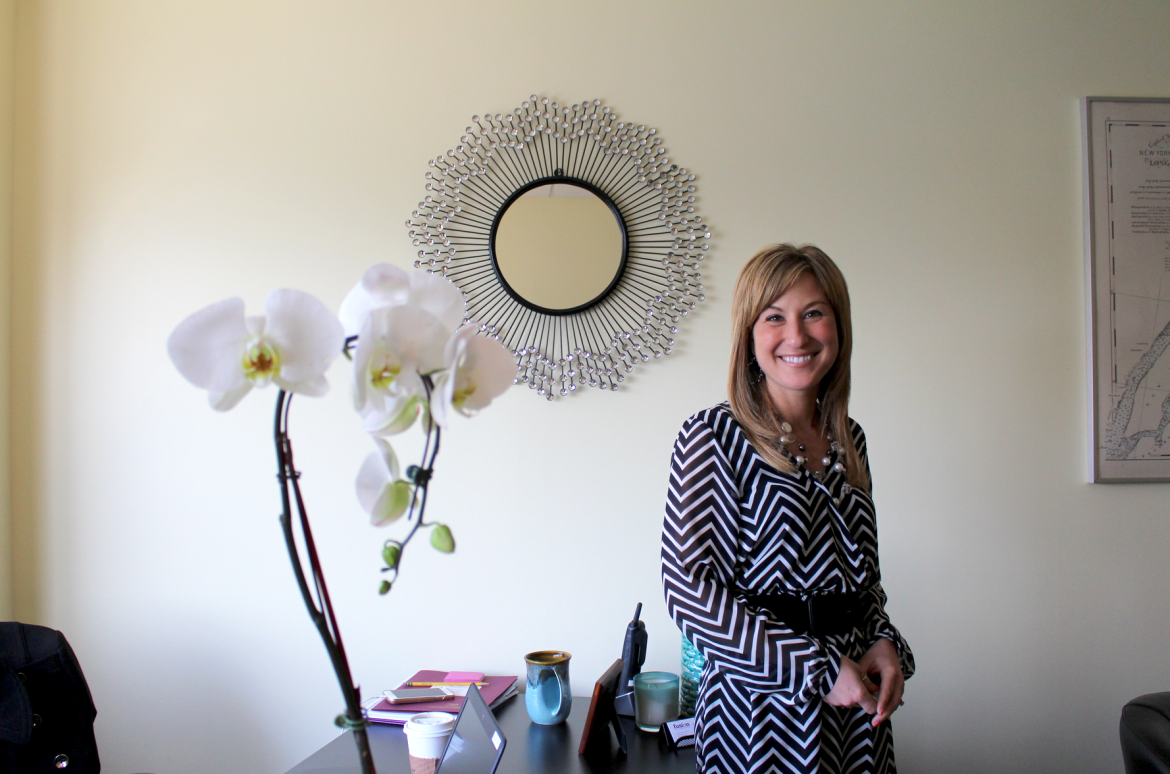
By Dr. Jennifer Walsh-Rurak
The lazy days of summer may include sleeping late, deviating from structure and routine, and enjoying warm weather activities. Unfortunately, once the school year has wrapped up those leisurely days can also lead to summer brain drain.
In fact, research indicates that all of the downtime over the summer months can lead to a month or more worth of academic regression that teens need to compensate for once the new school year begins. Fortunately, with a minimal amount of deliberate planning you can ensure that your teen has a fun-filled summer that is also enriching and engaging.
Consider the following ways of optimizing the summer for your teen:
• Balance Downtime with Engagement – Allow for a deviation from the typical, hectic school year schedule. This might mean allowing your teen to sleep later than his or her school day wake up call, but it doesn’t mean sleeping the day away. Compromise with your teen about reasonable times to go to bed at night and start the day in the morning. Consider maintaining some type of healthy sleep cycle routine while consenting to slightly later bedtimes and wake up times.
• Create a Summer Calendar with Multiple Opportunities for Development –
When planning for an enriching summer, parents needn’t reserve a spot in a two month long camp or a full time summer school program.
A variety of one-day or short term activities can allow for a teen to experience an assortment of interests while still enjoying some summer relaxation. When creating a summer calendar, discuss your teen’s interests with him or her and find opportunities for exploration. If your teen wants to learn more about sailing, consider a sailing lesson, pick up a few books about sailing, or attend a local sailing competition.
You could also encourage your teen to take a high interest course such as Photography or Forensics. Additionally, consider seeking math or reading programs that meet for one or two days per week rather than every day, so that teens are optimally engaged for a shorter period and also have time to explore other interests, as well.
• Implement Mini Brain Workouts – In addition to more formal camps or clinics, build in mini brain workouts to keep your teen from experiencing summer brain drain. These activities could include crossword puzzles, creating a grocery list that remains within a set budget or even assisting with doubling or tripling a recipe for a family barbeque. These activities should be informal and fun!
• Encourage Physical Exercise – Physical exercise promotes the flow of oxygen to the body and brain and helps teens to reduce stress. The warmer summer weather allows a perfect opportunity for playing a game of basketball, taking a walk or going for a swim.
• Promote Service Learning – Help your teen find a way to give back to the community this summer. Whether it be volunteering at a soup kitchen, helping with a community cleanup project or assisting with story hour for smaller children at a local library, community service opportunities will keep your teen engaged and also help him or her to understand the power of helping others.
• Limit Screen Time – Rather than battling with your teen about the amount of time they are spending playing video games, texting or using social media, sit down and discuss the parameters up front. Making your teen a part of the conversation and setting reasonable limits for device usage at the start of the summer vacation will ensure that everyone understands the terms up front. Setting boundaries in advance will prevent discussions about device use from being a part of your daily interactions with your teen this summer. Also, consider creating a list of tasks such as reading or taking a walk which need to be completed before screen time is an option.
Summer should allow plenty of opportunities for carefree days spent with friends and family, but with just a bit of planning the summer months can be an incredible opportunity for growth and exploration.
Jennifer Walsh-Rurak, Ed.D. earned her doctorate in Educational Leadership from Northeastern University. Dr. Walsh-Rurak is a regional manager and school leader at Fusion Academy. Fusion utilizes a one-to- one instructional model to customize and individualize instruction to meet the needs of a variety of learners. Additionally, Fusion offers over 450 courses providing a multitude of opportunities to promote an enriching and meaningful summer.
See also:
Fusion Academy Greenwich Features One-to-One Schooling with Abundant Water Views
Also by Jennifer Walsh-Rurak:
Later School Start Times Jumpstart Student Achievement

Email news tips to Greenwich Free Press editor [email protected]
Like us on Facebook
Subscribe to the daily Greenwich Free Press newsletter.